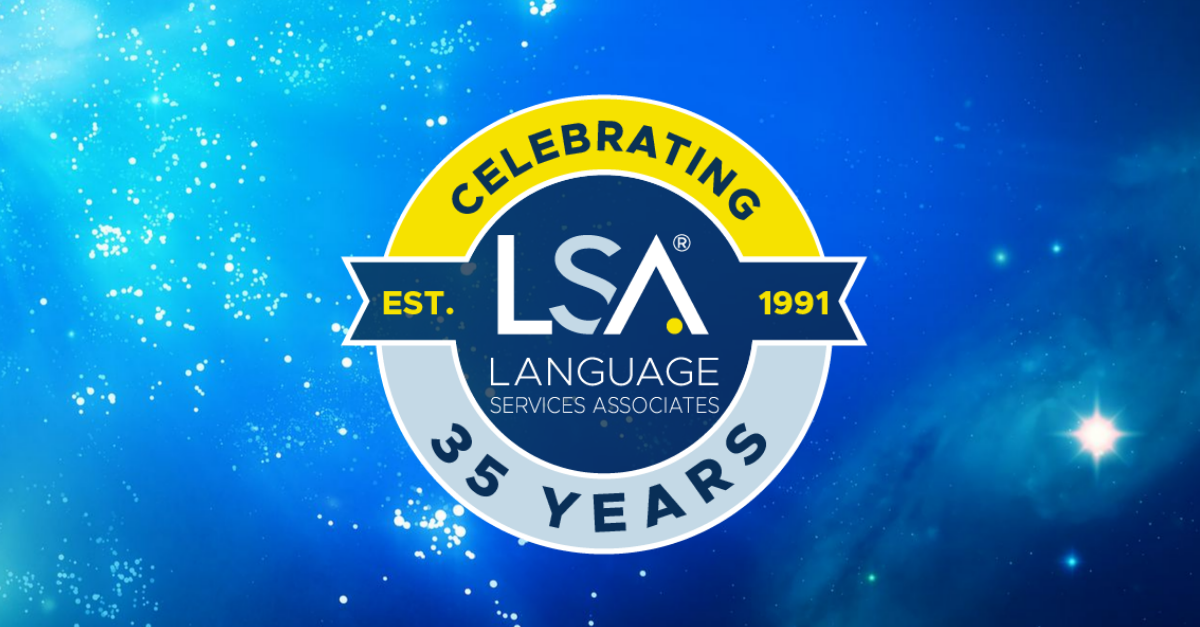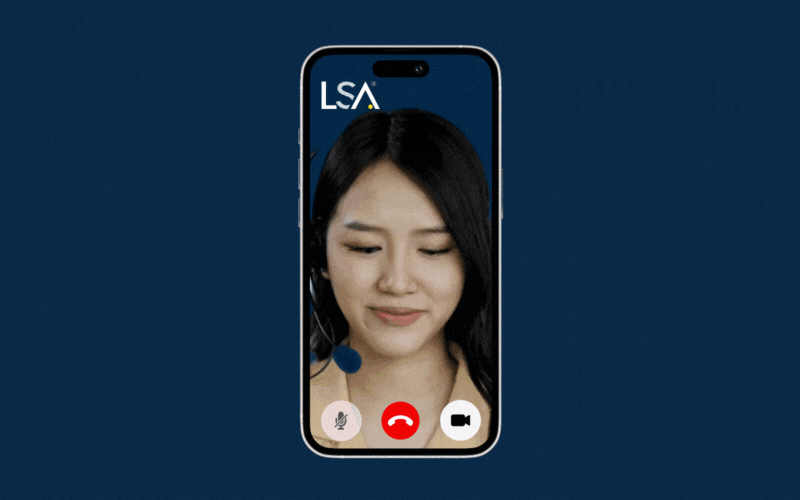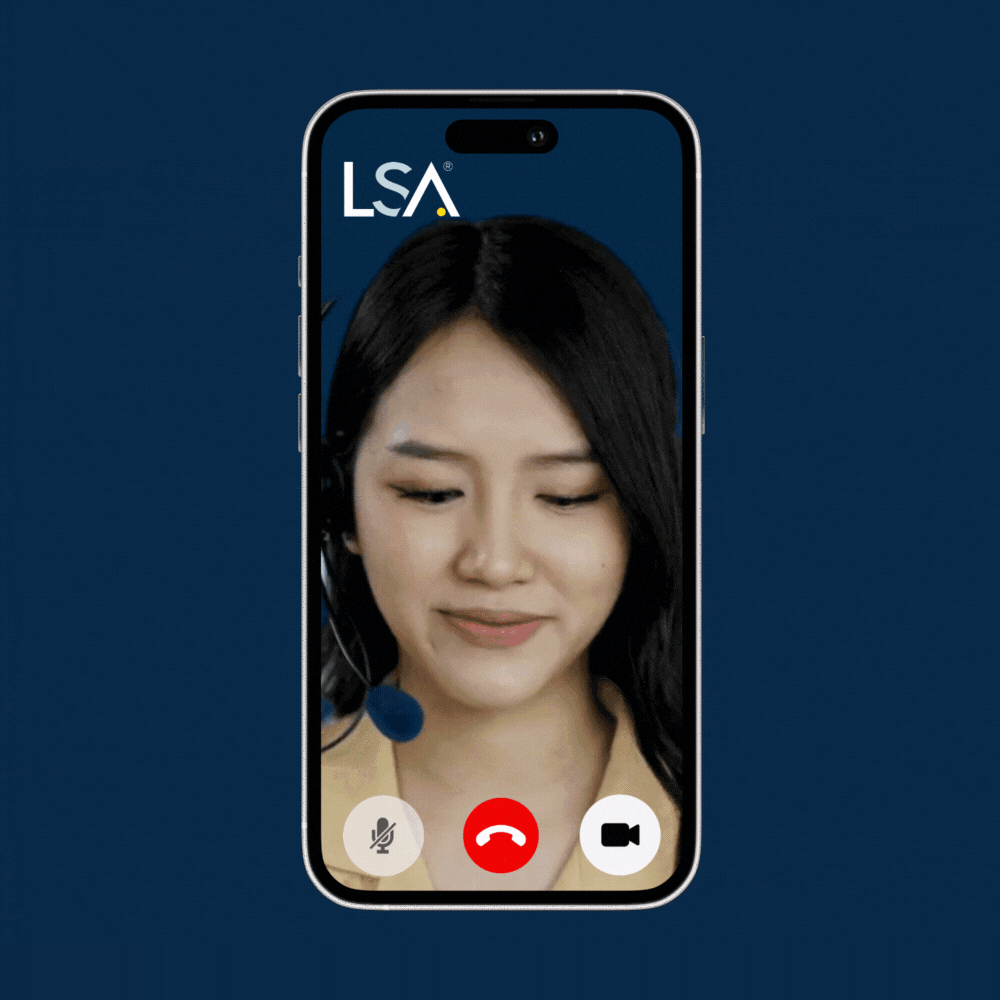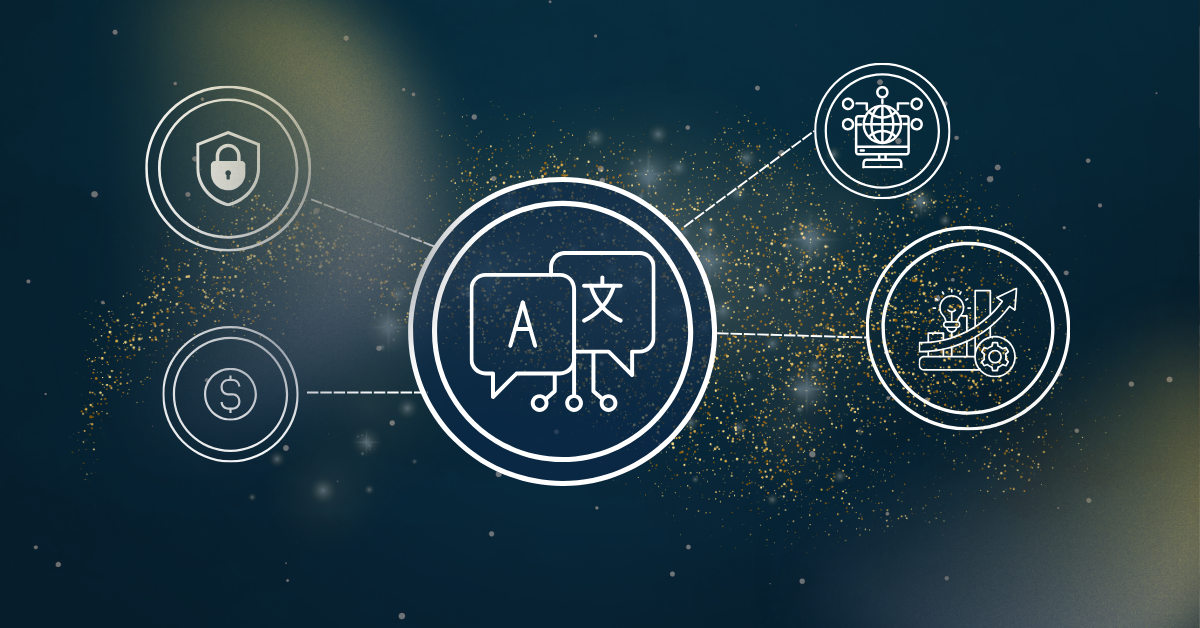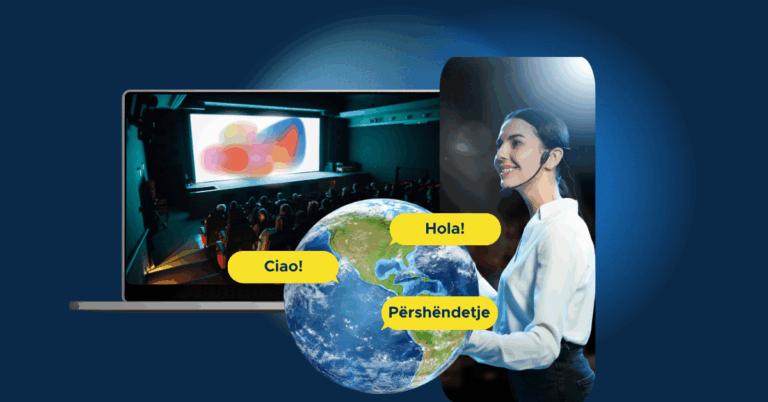In This Blog Post
This year marks a special milestone: 35 years of connecting people through language. Since 1991, Language Services Associates (LSA) has grown from a small language services provider to a global leader in interpretation, translation, and cutting-edge language access solutions — all while staying true to one clear mission: breaking down language barriers to interpret and translate the world by providing industry leading linguists, state-of-the-art technology, and elite customer service so individuals and organizations can communicate with clarity, confidence, and care.
Let’s take a look back at some of the unforgettable moments that shaped LSA’s story so far.

Early Breakthroughs (1990s – Early 2000s)
LSA made waves early on with some key milestone contracts and recognition:
First Contracts with Federal Agencies, including work with Immigration and Naturalization Services and the Department of Justice, proving LSA’s capacity to deliver reliable interpreting services for high-stakes communication environments.
Recognition for Rapid Growth: By 1999, LSA was named one of the 100 Fastest-Growing Companies in America, signaling the company’s emerging leadership in language services.
In the early 2000s, LSA continued expanding its reach and services, adding language services for major institutions like the CDC and the Supreme Court of Virginia.
Growing Capabilities and Resilience (2008–2019)
As communication needs evolved, LSA evolved right alongside them:
- LSA developed a Business Continuity Plan that later became crucial during global events like the COVID-19 pandemic.
- The company repeatedly earned spots on Inc. Magazine’s lists of fastest-growing private companies, showing continued momentum and innovation.
- The introduction of Video Remote Interpreting (VRI) in 2011 marked a significant step toward accessible, flexible multilingual communication.
- As technology advanced, LSA embraced it — migrating interpreting platforms to the cloud and launching tools like Instant Remote Interpretation Services (now the LSA Interpretation App).
Adapting in a Rapidly Changing World (2020–2025)
The 2020s brought even more transformation:
- During the pandemic, LSA’s remote work model and expanded video solutions made multilingual communication possible even when in-person meetings were limited.
- A brand refresh in 2023 streamlined the company’s look and introduced updated client tools like the LSA App and Client Portal.
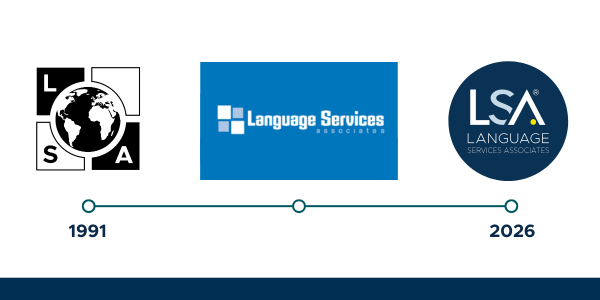
- In 2025, LSA expanded language access even further with new AI-powered offerings — including AI Machine Translation+, AI Video Translation and Dubbing, and AI Interpretation — blending human expertise with advanced technology.
- A strategic alliance with Lingolet brings even deeper AI integration, enabling seamless movement between human interpreters and AI‐enhanced solutions for faster, more flexible multilingual communication.
- LSA also expanded its footprint in the world of sports partnerships, becoming the official interpretation and translation provider for MLS team, the Philadelphia Union, and professional women’s football club, the Tampa Bay Sun, bringing language access into arenas where fans from around the world gather.
A Culture Worth Celebrating
It’s not just services and technology that make LSA remarkable — it’s the people.
For many years in a row now, LSA has been recognized as a Top Workplace by the Philadelphia Inquirer and USA Today, affirming a culture rooted in collaboration, openness, and respect.
When a company thrives through change — from expanding services to navigating global events, and from early federal contracts to AI innovation — it’s because the team behind it is passionate, resilient, and forward-thinking.
Looking Ahead — The Future Is Fluent
LSA’s story is far from finished. With new technology, broader language coverage, and a full suite of customizable interpretation and translation services, LSA continues to help organizations communicate across boundaries and build inclusive experiences for the people they serve.
Whether it’s helping a healthcare provider connect with a patient in their native language, supporting global events, or powering communication in hundreds of languages worldwide, LSA is still guided by one mission: connecting people through language — for the past 35 years and for many more to come.

